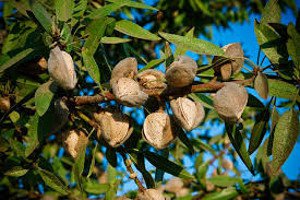 mport ban is taking its toll on the markets for goods such as hazelnuts, fish, and, perhaps above all, fruit and vegetables.
mport ban is taking its toll on the markets for goods such as hazelnuts, fish, and, perhaps above all, fruit and vegetables.With a particularly cold summer and a particularly mild winter, it hasn't been a good period for Italian fresh produce. Measures taken by the Kremlin have only worsened matters, and producers across the continent are demanding compensation from European bodies, as the eurozone agricultural industry remains in its hour of darkness.
The EU will hold a summit in September in order to investigate possible measures to bolster its troubled fresh produce section. Italy, which had an agricultural export value of €706 million in 2013, will have taken over the EU presidency when the summit takes place.
Coldiretti, the biggest agricultural body in Europe, has been discontented by what it perceives as restrictive measures taken by the European Commission:
"The main concerns are the effects on all the products which depend on pollination by bees, from apples to almonds, from peaches to pears, grapes to aubergines, cucumbers and strawberries. There is flooded land where it is impossible to collect produce, or plant new vegetables. We are also worried about the harvest that will depend very much on the conditions that will occur in the coming days. "







